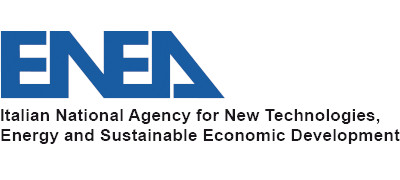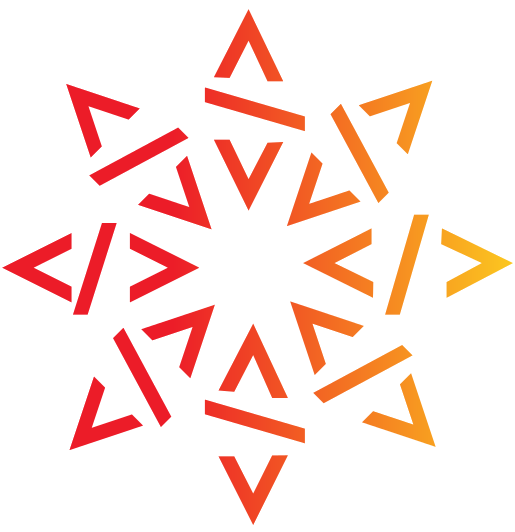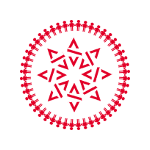
Towards a distributed and multistakeholder infrastructure
“Let us save what remains: not by vaults and locks which fence them from the public eye and use in consigning them to the waste of time, but by such a multiplication of copies, as shall place them beyond the reach of accident.”
— Thomas Jefferson
In order to prevent information loss, and simplify access to humankind’s software heritage, we are building an international network of mirrors.
A mirror is a full copy of the Software Heritage universal source code archive, operated in agreement with, but independently from the Software Heritage organization.
This page lists the entities that have already signed a mirror agreement, and provides an overview of the technical and legal requirements to become part of the program.
We look forward to see a variety of institutions from all around the world becoming progressibely part of the mirror program.
Requirements
In order to establish a mirror of Software Heritage, it is necessary to fulfil two kinds of requirements: on the one hand, the availability of the technical expertise and resources needed to deploy the necessary infrastructure; on the other hand, the ability to satisfy the legal requirements needed to sign a mirror agreement
Technical requirements
A mirror contains a full copy of the archive, which involves provisioning the infrastructure for hosting a large object store and a very large graph. An overview of what is involved in operating a mirror can be found in our documentation, that is updated regularly and includes the mirror architecture reference and various how-to guides.
There are many different options to deploy a mirror, but there are common overall requirements that are presented on a dedicated page in our documentation.
Legal requirements
An organization interested in hosting a mirror will need to sign a legal agreement that details the various rights and obligations, and the interaction with the Software Heritage organization. In particular, this includes the committment to:
- respect the mirrors ethical charter, and establish an ethical charter aligned with the Software Heritage one
- establish terms of use aligned with those of Software Heritage, both for API access and for bulk access to the data
- deal with archive contents, and especially personal data, in a manner aligned with the Software Heritage content policy
- ensure proper operation of the mirror for a minimum of three years.

